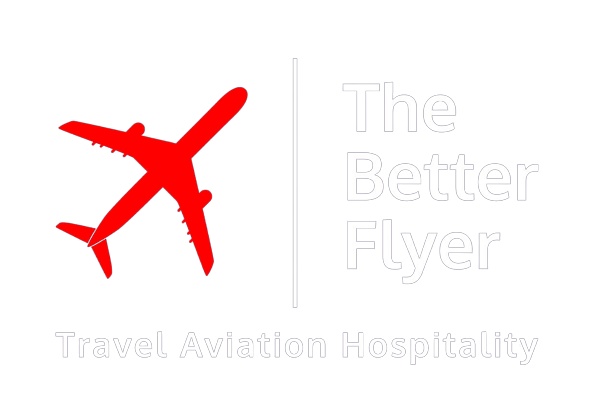Overbooking can be a cost-effective strategy if implemented correctly. Let’s look at a few tips to make sure you get the most out of this approach.
What is a hotel overbooking strategy?
The hotel overbooking strategy is a revenue management technique that hotels use to maximise occupancy and revenue. By deploying this strategy a hotel is insuring itself against possible cancellations by having secured guests who can fill cancelled bookings.
 However, the downsides of this strategy are potential double-bookings and lost revenue as a result of giving away free room upgrades.
However, the downsides of this strategy are potential double-bookings and lost revenue as a result of giving away free room upgrades.
An overbooking strategy is different from overbookings due to manual connections with multiple online channels or channel update errors. These are resolved by ensuring you have a high-performing, cloud-based channel manager that updates rates and inventory across multiple online channels in real-time via an API connection. An overbooking strategy is deliberately allowing more than available inventory to be booked to optimise revenue.
Tips to make your overbooking strategy a success
1) Be data-driven in your approach. Data must be used to inform how many no-shows or cancellations to expect so you can overbook by that much. It must also be used to understand how many guests must be compensated if they had to be turned away due to overbookings, and the impact of this on your revenue.
 2) Use multiple data sources. A successful hotel overbooking strategy hinges on data. Combining multiple data sources is a good way to get a more holistic and accurate view of what to expect. Some key sources to look into are your channel manager, booking engine, property management system and website analytics. Don’t forget to monitor external market sentiments such as cancellation of an event or reduction in connectivity to your destination – these could all result in cancellations. You can also use data automation tools to combine multiple data sources and form one view for a more robust analysis.
2) Use multiple data sources. A successful hotel overbooking strategy hinges on data. Combining multiple data sources is a good way to get a more holistic and accurate view of what to expect. Some key sources to look into are your channel manager, booking engine, property management system and website analytics. Don’t forget to monitor external market sentiments such as cancellation of an event or reduction in connectivity to your destination – these could all result in cancellations. You can also use data automation tools to combine multiple data sources and form one view for a more robust analysis.
3) Pre-arrival upselling can beef up your overbooking strategy and make it more profitable. During this stage of the guest journey, guests are likely to be more open to personalising their stay. This means that when suggested during the pre-arrival stage, there’s a greater chance that you’ll sell room upgrades with a small discount.
 4) Capping overbookings is essential. Knowing when to stop selling based on your data analysis is critical to the success of this strategy.
4) Capping overbookings is essential. Knowing when to stop selling based on your data analysis is critical to the success of this strategy.
5) Collaborate with local properties to manage overbookings so guests turned away can be accommodated elsewhere. While there will be erosion in brand equity for customers turned away (unavoidable when you have an overbooking), managing their next booking can help soften the impact.
 6) Train your staff to manage overbookings. How the guests being turned away are managed is very important to maintain your brand. Your staff plays an important role here. Train staff on how to communicate professionally, suggest alternative accommodation (and organise transport, if needed), and offer relevant compensation. To ensure that staff know what to do and that each situation gets handled consistently, it’s a good idea also to have a guest recovery plan in writing.
6) Train your staff to manage overbookings. How the guests being turned away are managed is very important to maintain your brand. Your staff plays an important role here. Train staff on how to communicate professionally, suggest alternative accommodation (and organise transport, if needed), and offer relevant compensation. To ensure that staff know what to do and that each situation gets handled consistently, it’s a good idea also to have a guest recovery plan in writing.
7) Have a clear compensation plan that your staff can follow when handling overbookings. Don’t rustle up a plan last minute or have ad hoc overbooking management – these are a recipe for disaster.
To conclude
Hotel rooms make up a hotel’s main inventory. As such, you’ll want to do everything possible to work in a smart way, which includes using overbooking practices carefully. While it does involve some risk, it’s a cost-effective strategy that can help with revenue management in the long run. Plus, not only do empty rooms mean that a hotel business can’t generate revenue via bookings, but it also deprives it of the chance to generate extra revenue via upselling.
7 tips to make your overbooking strategy a success in 2024 was last modified: February 7th, 2024 by


